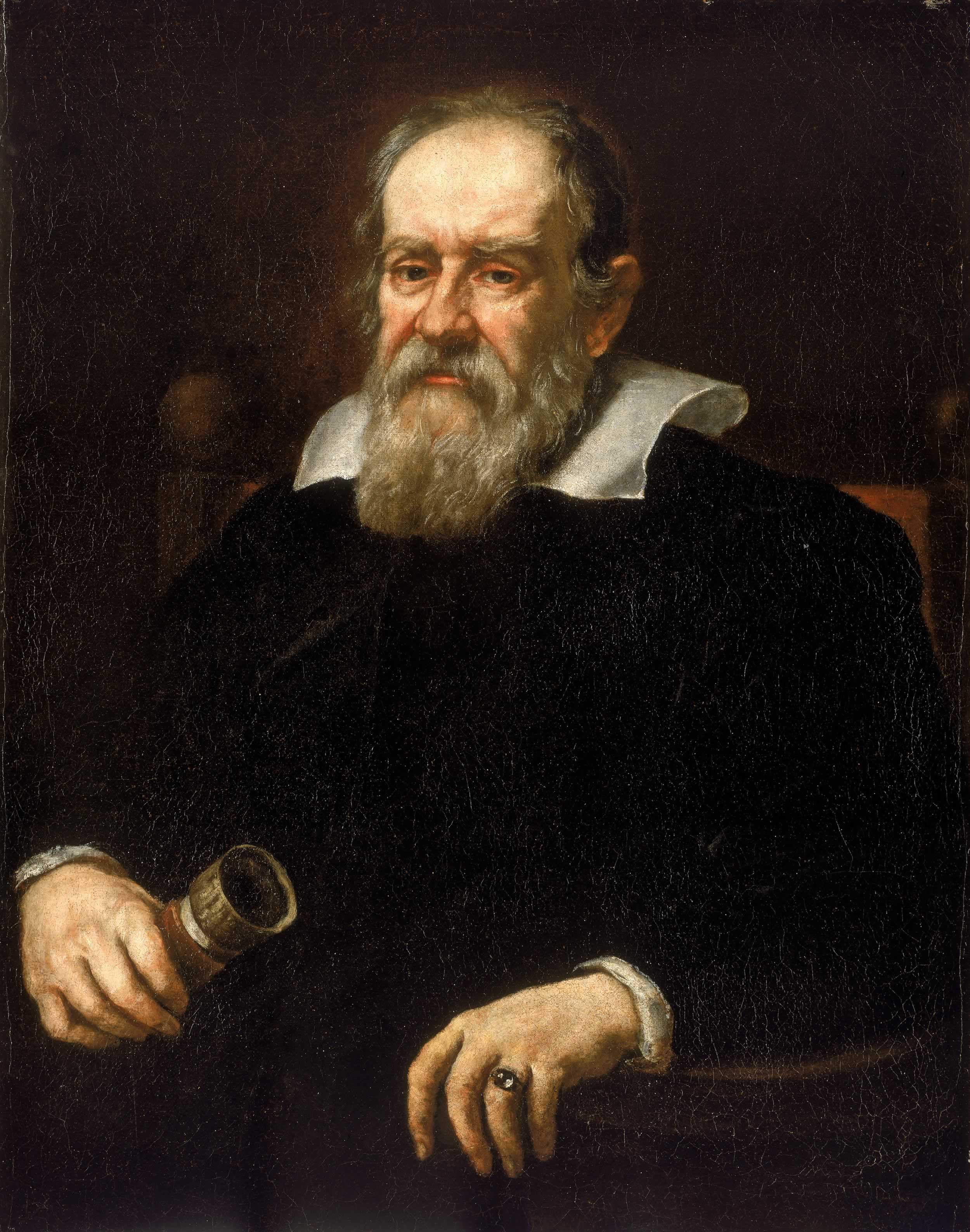12 FAMOUS MATHEMATICIANS
Isscac Newton(1672-1727)
The English mathematician and physicist who revolutionized scientific thinking through his theories. He discovered the law of gravity and the three laws of motion, still use today. He was the first person to split white light into the colours of the spectrum.
Albert Einstein(1879-1955)
German mathematical physicist. Famous for the theory of relativity. His work led on to the making of nuclear bomb. He established the relationship between mass and energy with the famous equation E=mc2 .
Johannes Kepler(1571-1630)
He was a great Mathematician, astronomer and astrologer. A key figure in the 17th century scientific revolution, he is best known for his eponymous laws of planetary motion, codified by later astronomers, based on his works Astronomia nova, Harmonices Mundi, and Epitome of Copernican Astronomy. These works also provided one of the foundations for Issac Newton’s theory of universal gravitation.
Galileo Galilei(1564-1642)
Commonly known as Galileo, was an Italian physicist, mathematician, astronomer, and philosopher who played a major role in the Scientific Revolution. Galileo has been called the “father of science” and “ the Father of Modern Science”. Stephen Hawking says, “Galileo, perhaps more than any other single person, was responsible for the birth of modern science.
He was a Pioneering Swiss mathematician and physicist. He made important discoveries in fields as diverse as infinitesimal calculus and graph theory. He also introduced much of the modern mathematical terminology and notation, particularly for mathematical analysis, such as the notion of a mathematical function. He is also renowned for his work in mechanics, fluid dynamics, optics, and astronomy.
Johann Carl Friedrich Gauss(1777-1855)
German mathematician and scientist who contributed significantly to many fields including number theory, statistics, analysis, differential geometry, geodesy, geophysics, electrostatics, astronomy and optics. Gauss is ranked as one of history’s most influential mathematicians. He referred to mathematics as “the queen of sciences”
Blaise Pascal(1623-1662)
.jpg) French mathematician, physicist, inventor, writer and Catholic philosopher. He was a child prodigy who was educated by his father, a Tax Collector in
French mathematician, physicist, inventor, writer and Catholic philosopher. He was a child prodigy who was educated by his father, a Tax Collector in
Rene Descartes (1596-1650)
French philosopher and writer who spent most of his adult life in the Dutch Republic
Sreenivasa Ramanujan(1887-1920)
Indian mathematician born at Erode, Tamil Nadu. He was interested in solving mathematical problems from his childhood. He was selected as the fellow of the Royal Society in 1918. He published a number of books in mathematics.
Godfrey Harold “G.H. Hardy FRS(1877-1947)
G.H. Hardy was a prominent English mathematician, known for his achievements in number theory and mathematical analysis. He is usually known by those outside the field of mathematics for his essay from 1940 on the aesthetics of mathematics, A Mathematician’s Apology, which is often considered one of the best insights into the mind of a working mathematician written for the layman.
Also known as Euclid of Alexandria, was a Greek mathematician, often referred to as the “Father of Geometry”. He was active in Alexandria
Aryabhata(476-550)
Indian mathematician and astrologer. He founded that the earth is spherical in shape and it rotates on its own axis. He also derived the actual value of pi (TI).



